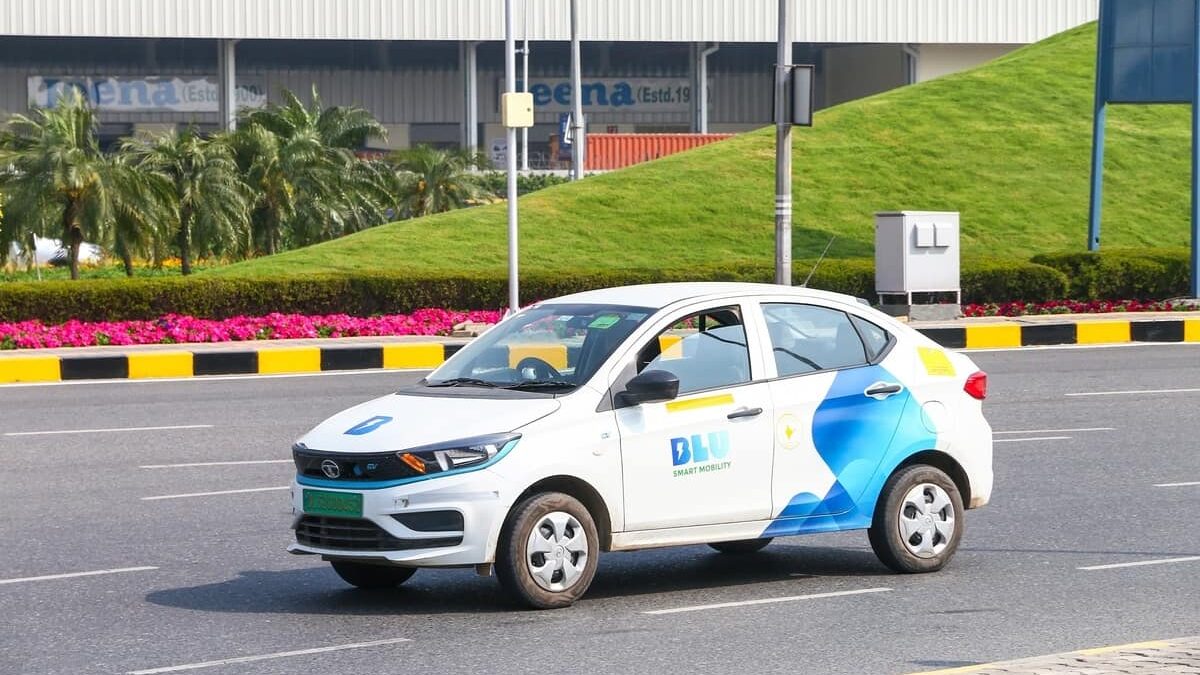The Indian government has stepped up its efforts to encourage its citizens to purchase electric vehicles rather than conventional fuel-powered vehicles. However, the significant concern among Indian purchasers is safety as EVs are mostly software and electronically controlled .
According to Quartz, such safety concerns are gradually diminishing, as shown by the recent patronage of the country to Tata Motor‘s Tiago EV.
Earlier this year, electric vehicles appeared to catch fire much too regularly. The majority of these were two-wheelers, but in July, a Tata Nexon EV caught fire. Although no one was killed, the Indian government demanded an investigation into the incident.
Nonetheless, leading companies concluded that these safety issues would be temporary. The Tata Tiago might be the vehicle that propels the sector out of its struggle.
The latest Tata Motors offering, the Tata Tiago EV, has reportedly received the most bookings in a single day for any electric car in the country. Tata proudly announced that Tiago acquired over 10,000 online bookings in a single day throughout India.
Furthermore, the automaker Tata claims Tiago is the cheapest electric car in India, with a starting price of 8.49 lakh rupees (about $10,942). Remarkably, Tiago is powered by a 26-kilowatt-hour high energy-density li-ion battery. It will compete with non-electric vehicles such as Maruti’s Swift Dzire and Honda’s Amaze in a comparable price range.
Furthermore, our report emphasized that its entry-level, or cheapest version, has a driving range of 250 kilometers on a single charge. Meanwhile, a higher, more costly version has a range of up to 315 kilometers on a single charge.
Ashwini Tiwary, co-founder, and CEO of Autobot India, told Quartz why Indian EVs were so expensive before the launch of the Tiago EV.
“The EV product is currently expensive because of a couple of reasons: one is due to the import of raw materials and the other is due to expensive batteries. If we can take care of both the elements by manufacturing both of them domestically, then the pricing factor could be solved.”
It is worth noting that Mahindra’s Reva was India’s first and cheapest electric car in 2001 at a starting price of Rs 3 lakh. Mahindra has already stopped the production of the Reva due to declining sales.
Even though electric vehicles lower exhaust emissions and running costs, their new technology raises new concerns. To ensure its safety and the transition to electric mobility, manufacturers, component suppliers, battery suppliers, and regulatory bodies must work together.

